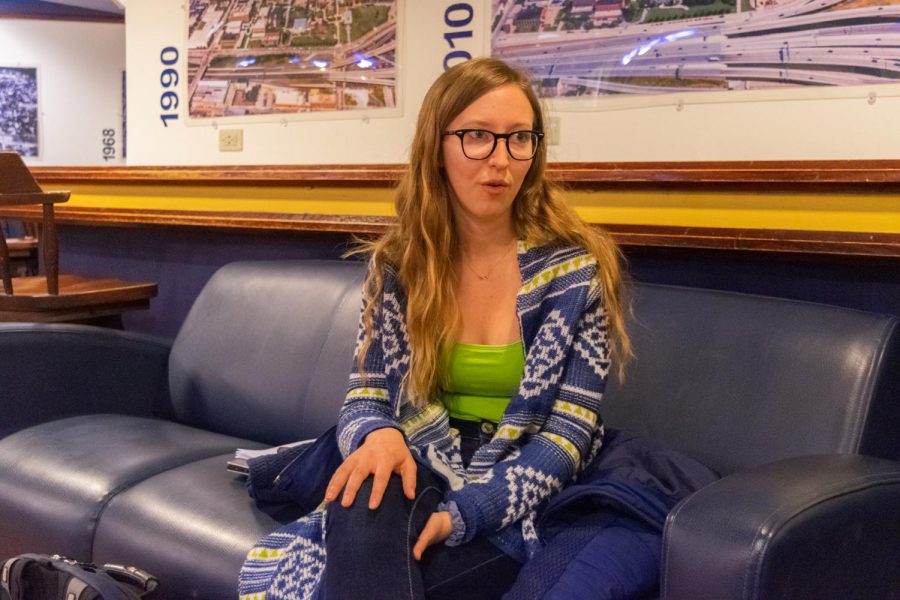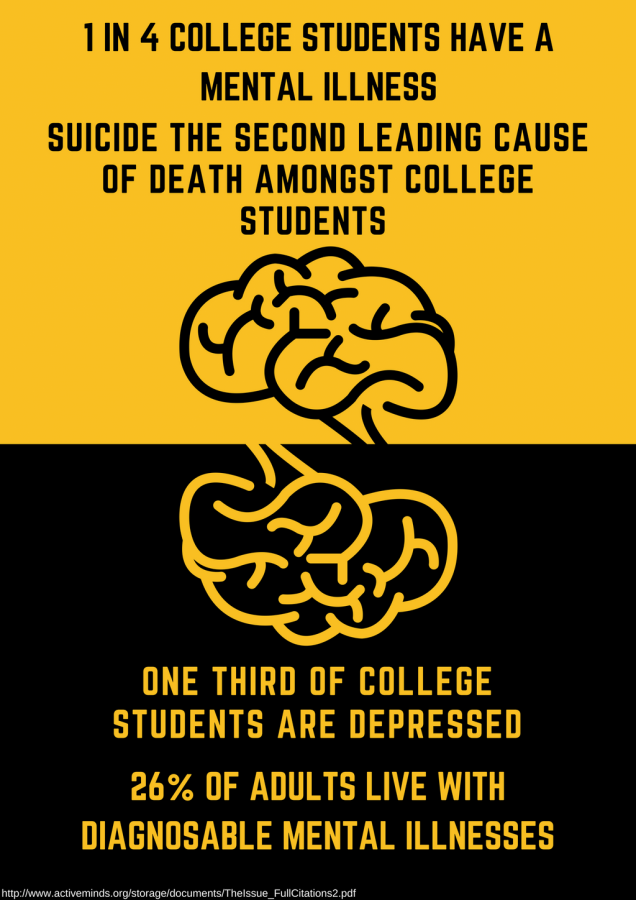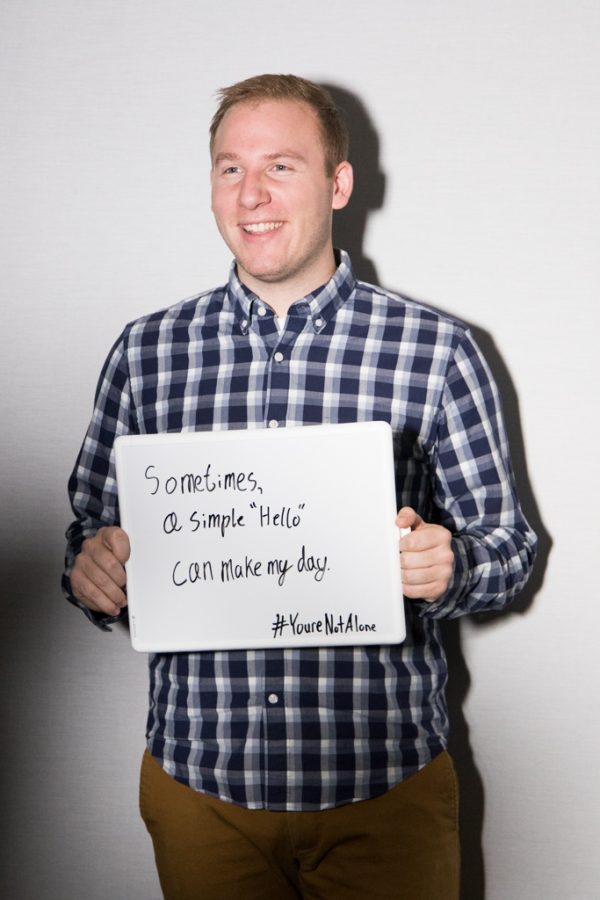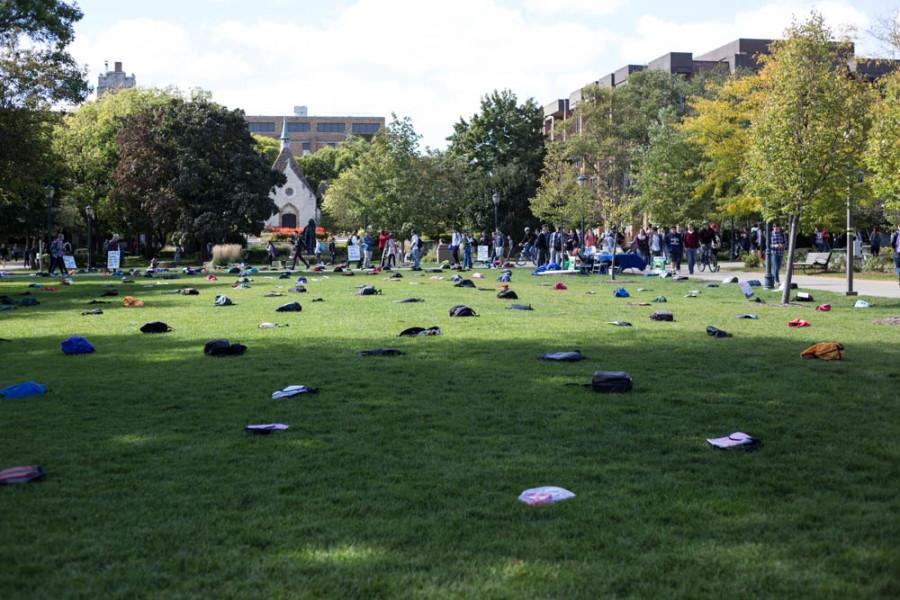Students walking through Central Mall yesterday were struck by the sight of hundreds of colorful backpacks dotting the lawn. Volunteers passed out Mardi Gras beads and popcorn, but the mood remained somber.
The backpacks were part of “Send Silence Packing,” a national traveling exhibit of 1,100 backpacks representing the 1,100 students who die by suicide each year.
The event was coordinated by Marquette’s chapter of Active Minds, an awareness organization that works closely with the Marquette counseling center to promote mental health discussions.
According to co-president Danielle Strauss, the national chapter of Active Minds received a $50,000 Pepsi Refresh grant to facilitate the “Send Silence Packing” tour. Marquette was one of the 10 universities nationwide selected to display the exhibit.
Strauss, a junior in the College of Arts & Sciences, said the national Active Minds chapter felt Marquette offered a convenient and central location for other chapters at Milwaukee School of Engineering, University of Wisconsin-Milwaukee and Carthage College.
Michael Zebrowski, director of the counseling center, said the display is meant to bring mental health issues into the awareness of Marquette students. Although “Send Silence Packing” focuses on the impact of suicide, it is also designed to de-stigmatize mental illness.
Zebrowski said students suffering from mental illnesses should seek care so they can function normally and continue their lives as students.
“There are many students who know someone (who has committed suicide),” he said. “(The display) gives them a chance to pause, reflect and hopefully think about making a difference to prevent suicide from happening.”
The Rev. Charles Rubey, founder of Catholic Charities’ Loving Outreach to Survivors of Suicide program, spoke at the exhibit Wednesday afternoon. Rubey said the main purpose of the LOSS program is to provide a safe and nurturing environment for family and friends to grieve the loss of a loved one to suicide.
According to Rubey, events like “Send Silence Packing” are important to heighten awareness and decrease the stigma attached to mental illness.
“We must learn to be gentle with each other,” Rubey said in an interview with the Tribune. “You never know what people are carrying around in their souls.”
Rubey also said he feels there are misconceptions about suicide and mental illness. Mental illness, Rubey said, is an illness as real as diabetes, heart disease or cancer, and there is nothing wrong with seeking behavioral health service.
“People don’t commit suicide because they want to die,” he said. “People commit suicide because the pain from their illness has become intolerable. It’s not an act of selfish cowardice, but an act of desperation.”






